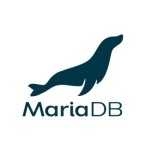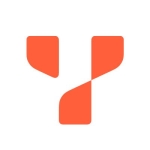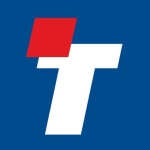We use version 12c, but are planning to migrate to 19c.
The solution is suitable for enterprise applications. We use it for trade systems and a betting system. We use it with applications that need a huge amount of data, such as SQL enterprise applications.
The licensing could be cheaper and clearer. It is not clear how it applies to certain options. The licensing of the solution for only several virtual servers is a big issue which should be addressed.
I have been using Oracle Database for many years, perhaps since 2001.
I have not had direct contact with tech support, although my colleagues have.
I cannot comment on the initial installation, as it is handled by the Database Administrator, not I. He possesses the skill to install the solution and has never mentioned any issues with this. Perhaps my colleagues would be in a position to give a more comprehensive answer.
In respect of the deployment and maintenance, we have two administrators, developers, an architect and a tester who are in charge of four applications.
The licensing could be cheaper and clearer. It is not clear how it applies to certain options. The licensing of the solution for only several virtual servers is a big issue which should be addressed.
The license is yearly.
Although I would recommend the solution for certain applications, as there are licensing issues, I would prefer to use PostgreSQL where possible.
There are many people making use of the solution in my organization, including developers, testers, end users and end application users. We may be talking about thousands. But when it comes to those with personal experience using the solution, we are talking about 40 or 50 people.
We plan to continue using the solution, as there are certain applications of ours which must remain on Oracle Database.
The solution is stable and has good performance. Licensing is the big issue we encounter.
Were I to rate Oracle Database strictly on its technical capabilities, I would have to give it a rating of nine out ten. However, its licensing issues bring this rating down to seven.

















